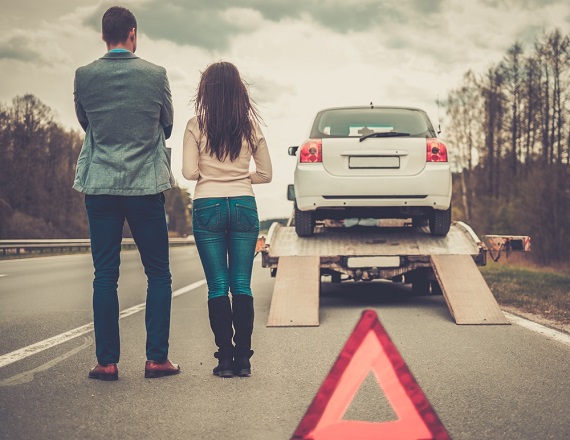Halloween is scary enough, we don’t mean to add to your fright, but if you are a homeowner or an apartment dweller, there are some safety precautions you should take to greet the little ghosts and goblins who will be ringing your bell or roaming the streets.
A few years ago, Christopher Boggs wrote a great Guide to Homeowners Liability for Injury to Trick or Treaters. He notes:
When the porch light is on, trick-or-treaters are considered invitees; the homeowner is inviting them onto the property (though not for a mutual benefit). Because of this relationship, the homeowner owes the candy seekers the level of “reasonable” care that falls under Ordinary Negligence.
Now anytime you have anyone visit your home, they could suffer an injury or an accident – that’s why you have insurance. But on Halloween, a steady stream of small feet traipsing across your porch in the dark increases the risk. Plus, you are giving out food.
Here are some tips to minimize Halloween hazards and reduce your risk.
- Keep porches and walkways well-lit and free of debris and clutter that might be tripping hazards
- Put reflective tape on your steps and along your walkway
- When decorating, avoid candles – use LED lights and battery-powered lights instead.
- Keep pets away from kids to avoid bites, scares or allergic reactions. Even friendly pets can be overexcited or upset by the unusual activity and may be skittish or overly protective.
- Avoid mystery treats. Distribute labeled treats and tell parents what they are and if they contain nuts.
- Provide alternative allergy-free treats – consider small non-food trinkets.
- Be cautious about any spooky pranks for kids or guests – make sure they are safe and not too scary to young children.
- If you are hosting an adult party, you have particular responsibility to take care in the serving of alcoholic beverages. See our post on holiday parties and liability issues.
- If you are driving any time on Halloween, be super cautious. Little monsters may be out at any hour and frequenting normally quiet neighborhoods. Be particularly cautious at dusk an early evening.
Protect your home and car too!
Halloween is a huge night for vandalism. Here are a few tips to protect your property from fire, theft and vandalism.
-
- Don’t overload electrical circuits with lights.
- Paper and dried plant decorations can easily ignite. Keep them away from flames, lights, and electrical cords.
- Lock up bicycles, gas grills and other outdoor valuables.
- Park your car in a garage, if possible. Mischief makers may egg your house or car.
- If you don’t have shelter for your car, consider stopping at the car wash for a coat of wax that may offer some protection.
- If you are out trick or treating with your kids or partying with your peers, make your home looks occupied. Leave lights and the TV on.
- Doorbell cams and motion activated lights can offer added protection.
- If your car or home is egged, deal with it right away that night or in the morning before damage can set in. See How to Remove Egg Stains From Your Car’s Paint Job and 4 Ways to Wash Egg off your home
Call your agent
If you should suffer any damage to your property or have any accidents during Halloween weekend, file a claim as soon as possible to get the claim process in motion. Be ready with the details of where and when the event occurred, along with the names and addresses of any injured parties or witnesses to the event. If there is damage to your property, report it to the police, take photos, and record the details so you won’t forget them later.
Reprinted from Renaissance Alliance – no usage without permission.






